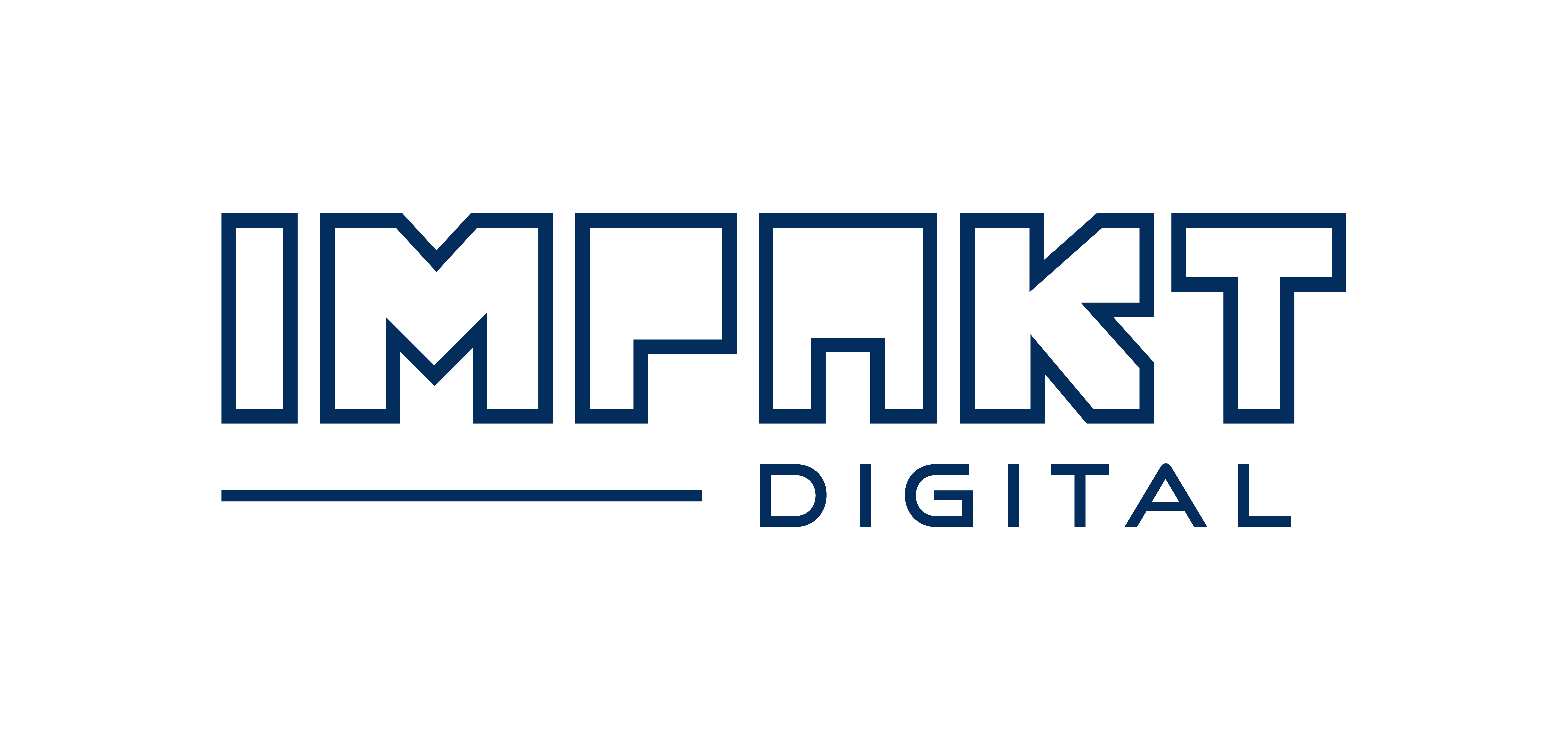
If you’ve ever launched a website, you know getting it to rank on search engines can be challenging. SEO (Search Engine Optimization) is the key to making your site visible, but it’s not a one-time task. Ongoing SEO refers to the continuous process of improving your website’s visibility, user experience, and overall performance to ensure long-term success. In this guide, we’ll dive deep into what ongoing SEO involves, why it’s essential, and how you can implement it to achieve and sustain better search rankings.
Understanding the Basics of Ongoing SEO
What is Ongoing SEO?
Ongoing SEO, also known as continuous SEO, is the practice of consistently improving various aspects of your website to maintain and boost its position on search engine results pages (SERPs). Unlike one-time SEO efforts, ongoing SEO is a sustained process. It involves regularly updating content, enhancing technical elements, and refining on-page and off-page factors that affect your site’s performance.
Key Components of Ongoing SEO
An ongoing SEO strategy typically includes:
- On-page optimization: Regularly optimizing content, headers, and images to enhance relevance and readability.
- Off-page SEO: Building backlinks, engaging with audiences on social media, and cultivating brand mentions.
- Content marketing: Continuously creating and updating content to keep your site valuable and relevant.
- Technical SEO: Ensuring your site’s infrastructure is optimized for search engines and fast loading.
- User experience (UX): Making your site easy to navigate, accessible, and engaging.
- SEO audits and analysis: Regularly analyzing performance to identify new opportunities and resolve issues.
Why Is Ongoing SEO Essential for Long-Term Success?
Ongoing SEO is crucial because SEO is an ever-evolving field, with search engines like Google frequently updating their algorithms to improve search relevance and user satisfaction. Here’s why ongoing SEO is vital:
- Adaptability to Algorithm Changes: Google and other search engines update their algorithms often. Staying on top of these changes can ensure your website isn’t negatively impacted by updates.
- Keeping Up with Industry Trends: SEO trends shift over time. For example, there’s been a recent emphasis on Core Web Vitals and mobile-first indexing, which were less prioritized a few years ago.
- Gaining a Competitive Edge: Many competitors may only occasionally update their SEO. An ongoing SEO approach keeps your site more visible and competitive.
Core Elements of an Ongoing SEO Strategy
1. Content Creation and Optimization
- Consistent Content Publishing: Adding high-quality, relevant content regularly signals to search engines that your site is active and valuable. Consider adding new blog posts, articles, or even updated product descriptions.
- Content Refreshing: Older content can lose relevance or accuracy over time. Regularly updating existing content, including facts, keywords, and internal links, can boost its performance.
- Keyword Optimization: Ongoing SEO requires adapting keywords based on changing trends and search intent. Keeping your keyword strategy up-to-date helps you maintain relevance in search results.
2. On-Page SEO Improvements
- Title Tags and Meta Descriptions: Revisiting your title tags and meta descriptions periodically helps ensure they align with current keywords and user expectations.
- Internal Linking Strategy: A good internal linking structure helps distribute page authority and makes it easier for visitors to navigate your site, improving the user experience.
- Optimizing for Search Intent: Continuously reviewing and adjusting your content to meet the intent behind users’ searches can improve rankings and engagement.
3. Off-Page SEO Efforts
- Link-Building Campaigns: High-quality backlinks from reputable sites boost your authority and visibility. Ongoing link-building through outreach or partnerships is essential for maintaining and growing your authority.
- Brand Mentions and PR: Positive brand mentions online, whether through social media or other sites, can build trust and improve your search performance.
- Social Media Signals: Consistent social media engagement and social shares can indirectly impact SEO, as they improve your online presence and drive traffic to your site.
4. Technical SEO Maintenance
- Site Speed and Mobile Optimization: Regularly optimizing for fast loading times and mobile usability is crucial, as Google prioritizes mobile-first indexing.
- Fixing Broken Links and Errors: Broken links and technical errors can negatively impact your SEO and user experience. Regular checks and fixes ensure your site remains healthy.
- Structured Data and Schema Markup: Implementing and updating structured data markup helps search engines understand your content, potentially resulting in rich snippets on SERPs.
5. User Experience (UX) and Engagement Optimization
- Core Web Vitals: Ensuring your website meets Google’s Core Web Vitals, which focus on page loading speed, interactivity, and visual stability, can help improve your search performance.
- Improving User Engagement Metrics: Metrics like time on page, bounce rate, and conversions can signal to search engines that your site offers valuable content. By optimizing for user engagement, you can improve these metrics and your SEO.
Related Reading – SEO vs SEA – Key Differences Explained
How to Develop and Execute an Ongoing SEO Strategy
Setting Clear SEO Goals
Define measurable objectives for your SEO efforts. These could include increasing organic traffic, improving keyword rankings, or boosting conversions.
Regular SEO Audits
Monthly or quarterly audits help you assess your site’s SEO health and uncover opportunities to enhance performance. Audits cover areas like site speed, broken links, keyword performance, and content quality.
Analyzing Competitor Strategies
Reviewing competitor sites can provide insights into what’s working for others in your industry. By analyzing their backlinks, content, and keywords, you can refine your strategy.
Monitoring Key Metrics
Keep track of essential SEO KPIs like organic traffic, keyword rankings, and engagement rates. Regular monitoring allows you to identify trends and areas for improvement.
Tools for Effective Ongoing SEO
Having the right tools simplifies and enhances ongoing SEO efforts. Here are some valuable tools across different SEO areas:
- Keyword Research Tools: Ahrefs, SEMrush, and Google Keyword Planner help identify relevant keywords for ongoing content.
- Content Optimization Tools: SurferSEO and Clearscope assist in optimizing content to better meet user intent.
- Technical SEO Tools: Screaming Frog, Google Search Console, and GTmetrix are essential for auditing and improving technical aspects.
- Link-Building Tools: Tools like Moz, Majestic, and Pitchbox can streamline backlink acquisition and outreach.
Common Challenges in Ongoing SEO and How to Overcome Them
Keeping Up with Algorithm Updates
Staying updated on major Google algorithm changes can prevent sudden drops in rankings. Regularly reviewing SEO news and adapting strategies accordingly is key.
Resource Allocation
Maintaining ongoing SEO efforts requires time and budget. Prioritizing tasks based on potential impact and delegating responsibilities helps make it manageable.
Avoiding Over-Optimization
Over-optimization, such as keyword stuffing, can harm rankings. Focus on natural and user-friendly content that aligns with best practices for long-term success.
Measuring the Success of Your Ongoing SEO Efforts
Tracking your success in SEO requires ongoing measurement. Here’s how to assess if your efforts are effective:
- Tracking Key Performance Indicators (KPIs): Use KPIs like organic traffic growth, ranking improvements, and reduced bounce rates to evaluate performance.
- Interpreting Data Trends: Regular analysis can reveal what strategies are working and areas needing improvement.
- Adjusting Strategy Based on Data: Be open to refining your SEO approach based on data insights to achieve sustained growth.
Conclusion: Why Ongoing SEO Matters for Construction and Manufacturing
For businesses in construction and manufacturing, a proactive SEO strategy is essential for long-term success in an increasingly competitive digital landscape. At Impakt Digital, we know that ranking well isn’t just about visibility—it’s about reaching the right clients, whether they’re contractors, suppliers, or distributors, and building a strong presence within your industry.
Our approach to SEO is designed specifically to help construction and manufacturing companies consistently attract their ideal audiences, even as search algorithms and industry trends evolve. With our team’s expertise, we ensure your online presence is not only resilient but continuously optimized for growth.
Ready to strengthen your business’s digital footprint in the construction or manufacturing sectors? Connect with us to build an adaptable, data-driven SEO strategy that supports sustained visibility and positions you as a leader in your field.




